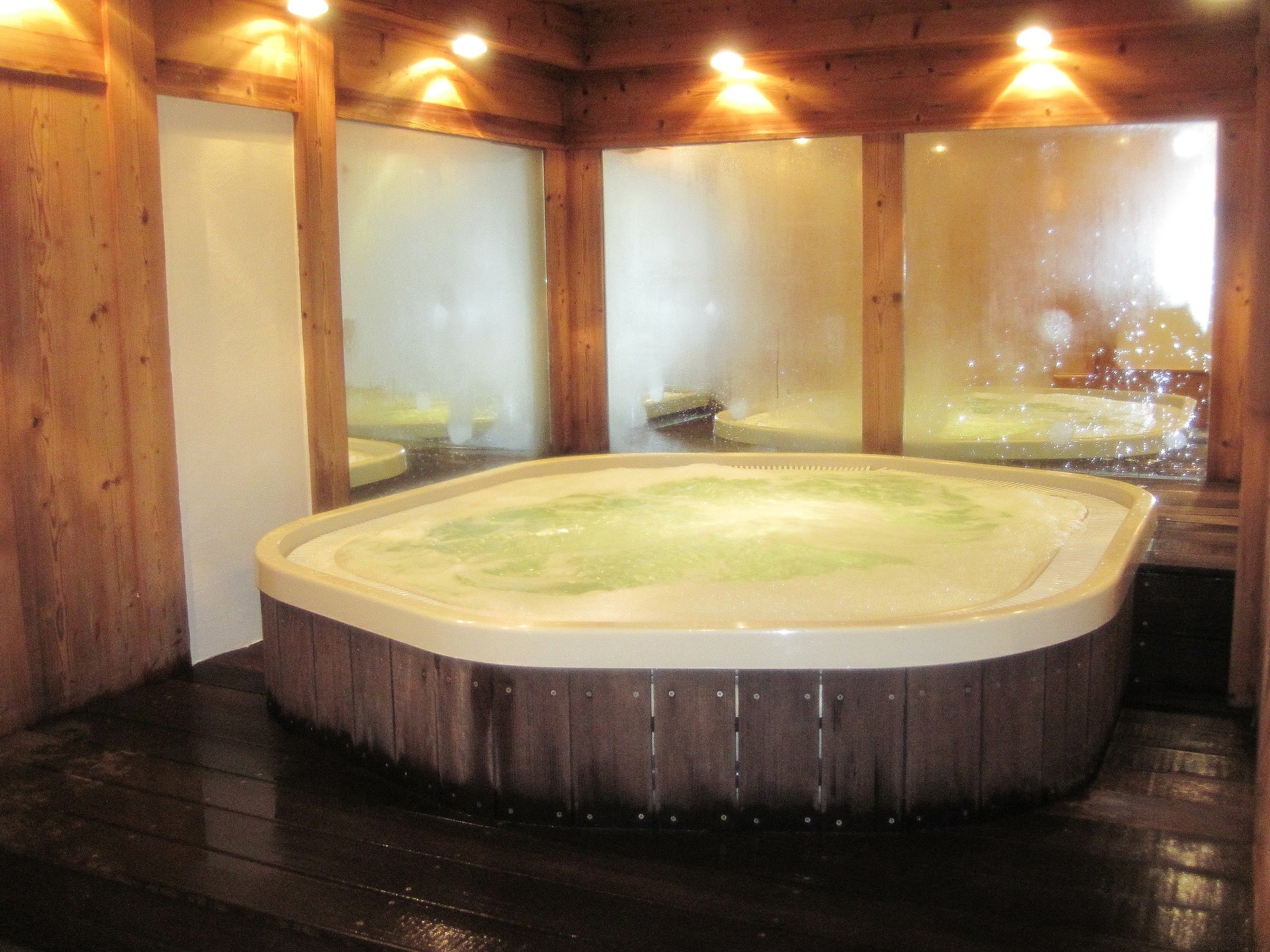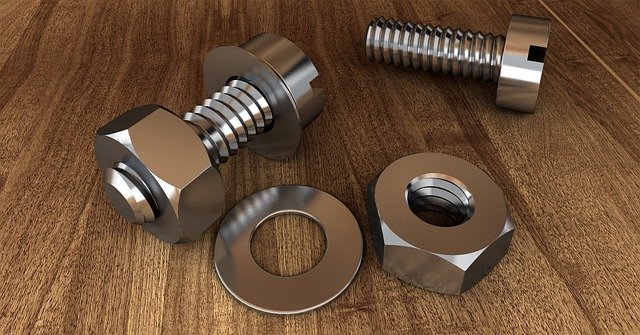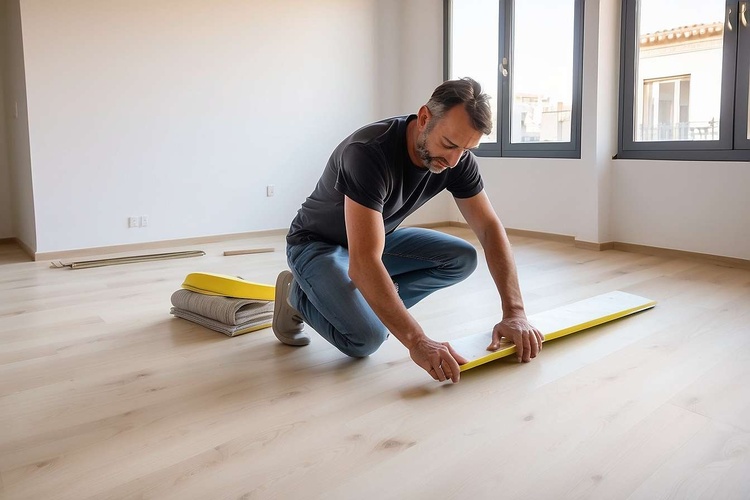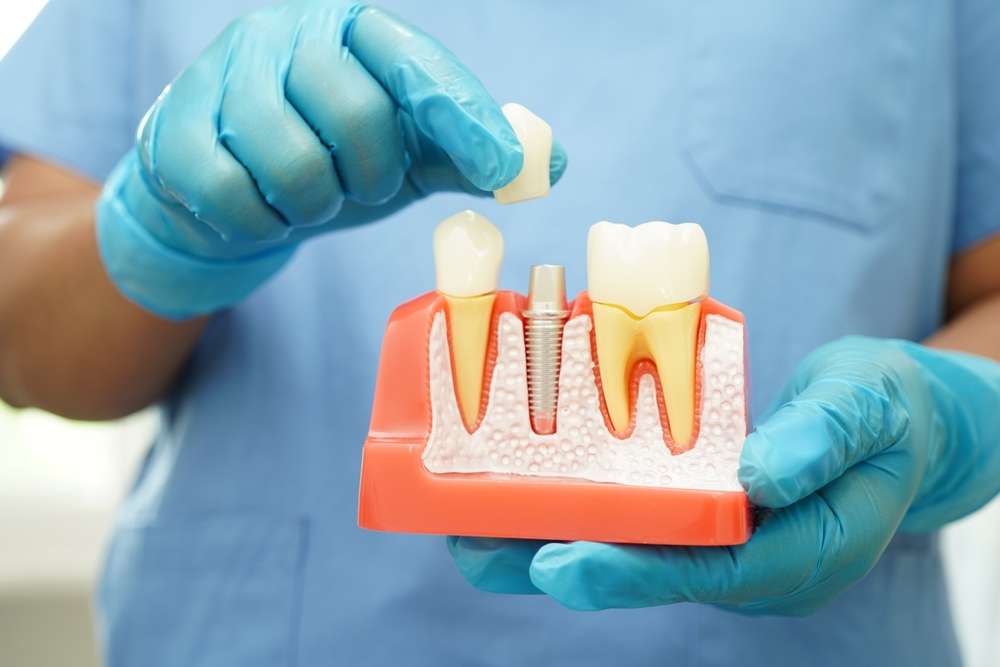Amenities and Experience in Luxury Hotels
Luxury hotels blend thoughtful design, elevated service, and curated amenities to create stays that feel distinct from standard lodging. Guests often expect spacious suites, wellness facilities such as a spa and jacuzzi, professional staff, and attention to detail that supports privacy and comfort. This article outlines what defines a luxury hotel experience, how suites and in-room features differ from standard rooms, the role of spa services, how jacuzzis are presented and maintained, and practical ways to evaluate hotels and local services in your area.

What defines a modern luxury hotel?
A modern luxury hotel combines tangible amenities with high-touch service and consistent standards across guest experiences. Expect well-trained staff, personalized services (concierge, room preferences, bespoke dining), premium bedding and in-room technology, and design that reflects context and craftsmanship. Sustainability, food provenance, and wellness offerings increasingly factor into the definition: many properties integrate locally sourced materials, energy-efficient systems, and transparent service practices. Operational reliability—cleanliness, safety, and straightforward communication about policies—also distinguishes hotels that aim to meet elevated guest expectations from those that only signal luxury by price or appearance.
How do hotel suites differ from standard rooms?
Suites typically provide separate living and sleeping areas, larger square footage, upgraded finishes, and amenities intended for extended comfort—workspaces, dining areas, in-suite minibars or kitchens, and enhanced audiovisual systems. Suites may also include features such as private balconies, panoramic views, or dedicated butler or concierge services. The design focus is on privacy and functionality: families or business travelers often choose suites for space and the option to host small meetings. When comparing suite categories, review included services (breakfast, lounge access), check-in privileges, and whether housekeeping schedules are customizable to match your preferences.
What role does a spa play in luxury hotels?
A hotel spa often functions as both a wellness hub and a differentiator in the guest experience. Spa offerings range from single-treatment rooms to full wellness centers that include steam rooms, saunas, fitness facilities, and specialized therapies like massages, facials, and wellness coaching. Therapies often reflect local traditions or ingredients, enhancing a sense of place. For guests prioritizing relaxation or recovery, the presence of a full-service spa can shift the overall value proposition of a stay. Transparency about treatment qualifications, cleanliness protocols, and booking policies helps guests select services that match their needs and health considerations.
How are jacuzzis and in-room amenities provided and maintained?
Jacuzzis can appear in shared spa areas, private suite terraces, or as in-room fixtures; each context has distinct operational and maintenance expectations. Shared spa jacuzzis follow public-wellness standards: regular water testing, sanitation, and posted usage guidelines. Private-suite jacuzzis may involve on-request cleaning, drain schedules between guests, and clear instructions for safe use. In-room jacuzzis require effective ventilation, moisture control, and staff protocols to prevent water damage and ensure hygiene. When booking, ask about maintenance routines, liability policies, and whether use is permitted for children or specific health conditions to avoid surprises during your stay.
How to evaluate luxury hotel service and local services in your area
Assessing a hotel’s service quality involves multiple signals: recent guest reviews, verified ratings from reputable platforms, photos showing current room condition, and clarity of cancellation and service policies. Contact the property directly with specific questions about suite layouts, spa hours, jacuzzi availability, and any accessibility or health-related accommodations. For added context, check local services such as independent spa operators, wellness centers, and transportation options to understand what alternatives or complementary services are available nearby. Reviews that mention consistency of service, staff responsiveness, and examples of problem resolution are often more informative than isolated praise or criticism.
Conclusion
Luxury hotels are defined by a combination of physical amenities—spacious suites, thoughtfully equipped rooms, spas and jacuzzis—and consistent, personalized service that anticipates guest needs. Evaluating properties involves looking beyond marketing to operational details: maintenance protocols, staff training, transparent policies, and guest feedback. Whether seeking a restorative spa visit, an expansive suite for a longer stay, or a quiet room with in-room amenities, understanding these elements can clarify expectations and help select accommodations that align with your preferences and priorities.






